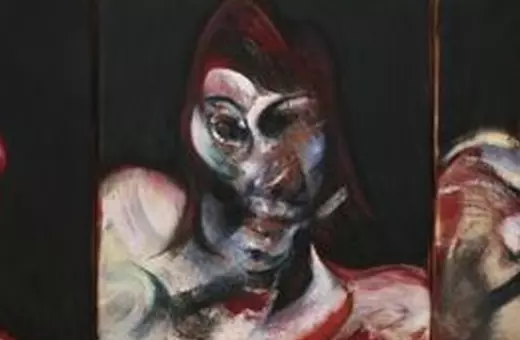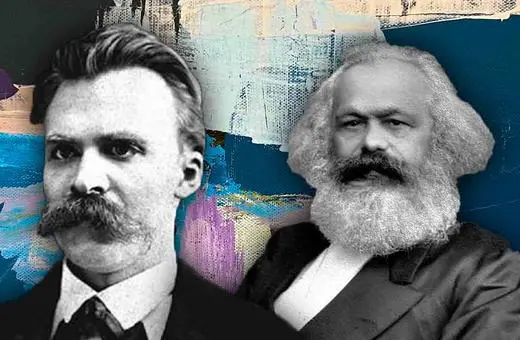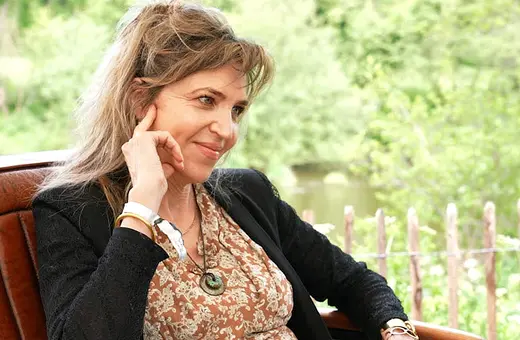Dubbed the 'curator who never sleeps', Hans Ulrich Obrist is artistic director of the Serpentine Galleries in London and perhaps the most powerful figure in the art world — topping ArtReview's Power 100 list in 2016.
Obrist organised his first art exhibition at the age of 23 from his kitchen. Ever since, he has acted as a catalyst in creating bridges between different forms of art, movements and audiences. An example of his interdisciplinary approach is The Interview Project - an “endless conversation” started in 1996 that includes over 2400 hours of interviews with leading cultural figures of our time.
This conversation took place ahead of the Serpentine Galleries' 12th annual festival — the Guest, Ghost, Host: Machine! Marathon — which will bring together artists, scientists, activists, engineers, poets, sociologists, philosophers, filmmakers, writers, anthropologists, theologians and musicians to consider the advent of ‘artificial intelligence’, consciousness, interspecies cooperation, machines, trans-humanism and non-linear time.
—David Maclean
DM: What came first for you – philosophy or art?
HUO: It probably won’t come as a surprise to say that it was art which came first. I was around 12 or 13-years-old when I first encountered the long figures and sculptures of Giacometti, and a few years later I began to have my first meetings with artists, starting with the duo Fischli/Weiss and moving on to Gerhard Richter and many others. So I would say that everything began with my first encounters with art back in Zurich and my trips to the other great museums in Switzerland.
I had this methodology in my art research – I went out to find mentors in different fields and spend time interviewing them and learning from their praxis. After trying my hand at it with artists, I started to do the same with architects and musicians during my teens before extending outwards into literature, philosophy and science. I was very fortunate, really, in that I would be able to just ring up Hans-Georg Gadamer – a German philosopher who was almost 100 years old – and then record and publish the interviews. So philosophy was perhaps always there, but found an outlet much later on.
DM: Do you recall what your first philosophical epiphany was? Or rather the idea that captured your imagination.
Well, I clearly remember my first art epiphany as I was in the studio of Fischli/Weiss in 1987 when they filmed The Way Things Go with that seemingly endless chain reaction.
In terms of my thinking, a similar chain reaction got triggered in my life when I became concerned with the dilemma of whether it is possible to truly know anything and at the same time to prove it was possible since it had been a question that I had been grappling with since my childhood. I think these ideas that had sort of been percolating then took a more practical shape when I interviewed French philosopher Paul Ricœur and Gadamer, who were the first two philosophers that I spent a good deal of time with.
___
"Glissant has the key to resisting globalisation, because he basically proposes the concept of mondialité — the global dialogue starting from local differences rather than erasing them."
___
DM: In your book Ways of Curating you write that you begin each day by reading the philosopher Édouard Glissant. What was it that initially drew you to his work – particularly his notion of mondialité?





















Join the conversation